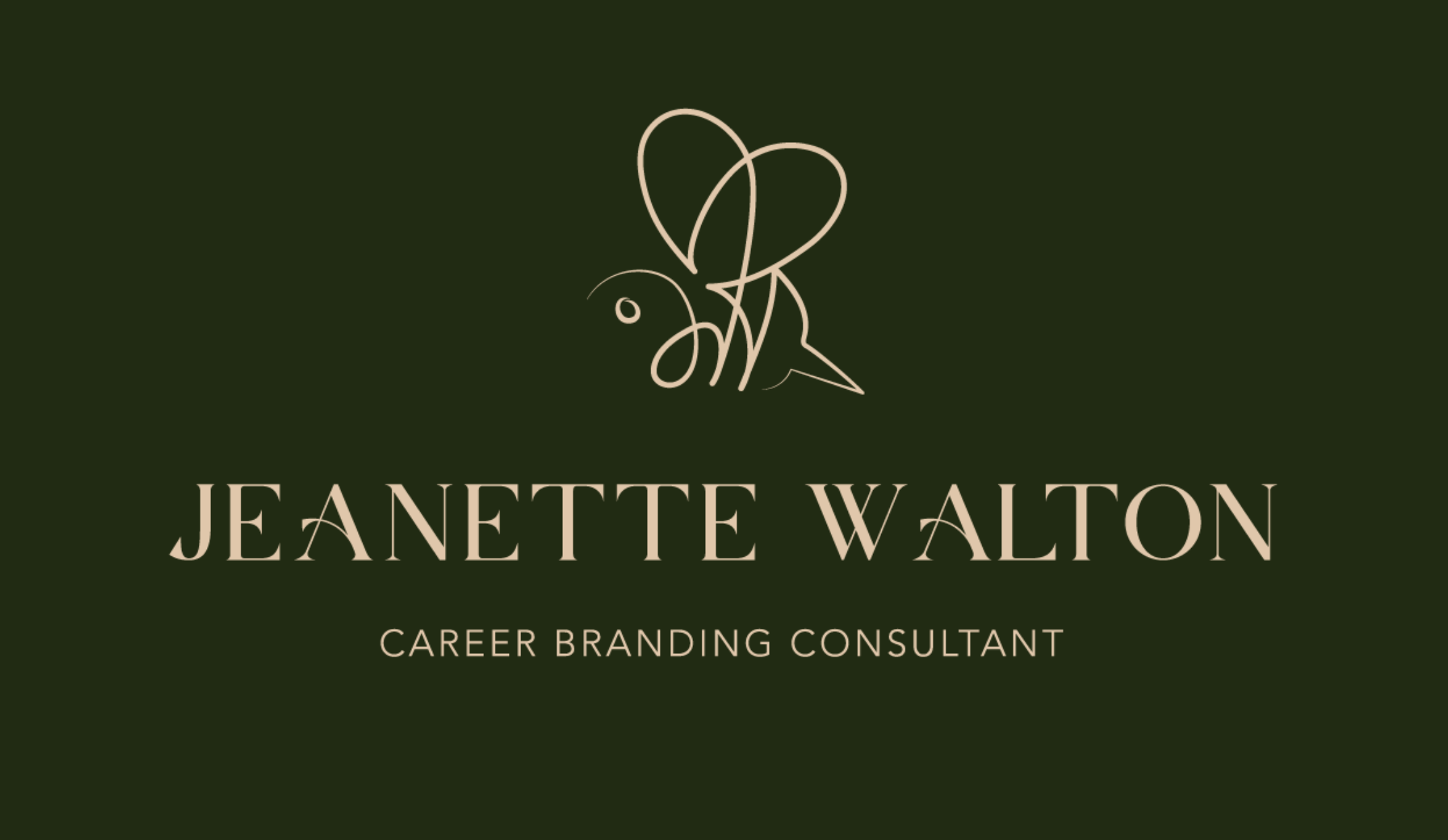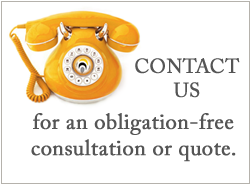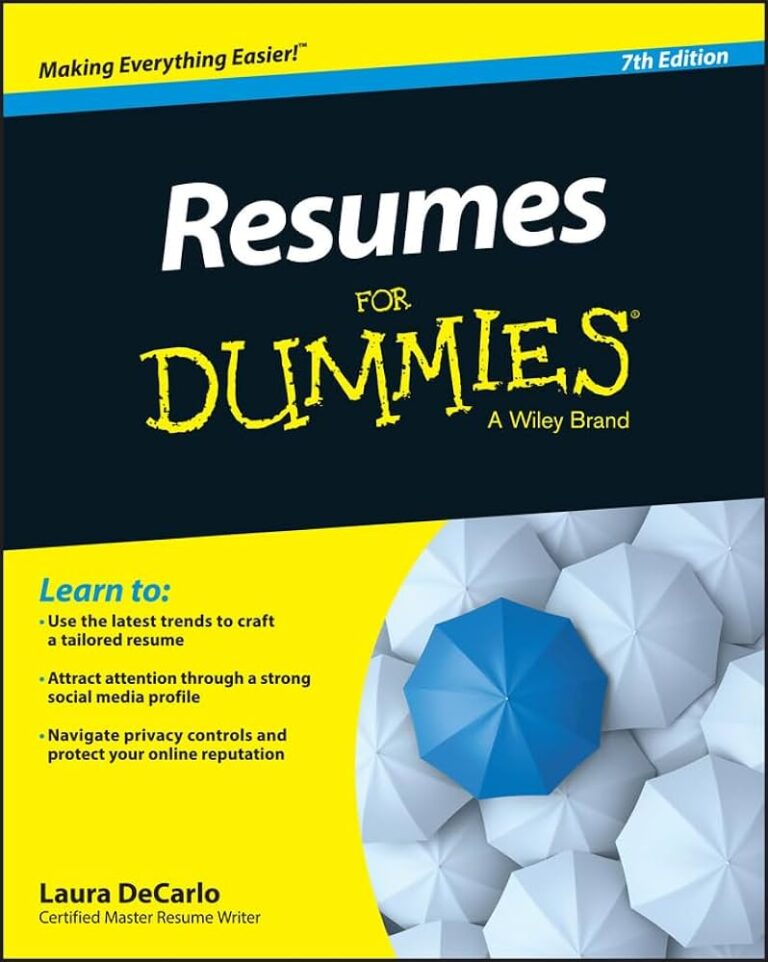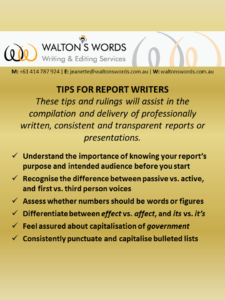The global COVID-19 pandemic has no doubt fostered fear, a sense of helplessness and other negative emotions among some. Combine this with an ever-increasing use of and engagement with social media for work and pleasure – including during lockdowns and for remote working – and there are higher likelihoods of professional brands and reputations being tarnished. In addition to the potential career backlash from sharing contentious opinions or triggering emotions and responses online, there is also the risk of relaying false information. This is where the well-known saying that ‘silence is golden’ becomes prevalent.
“As Covid-19 spreads across Australia, social media platforms are having important talks about the pandemic. Conversely, they also allow for the spread of false information across all types of users.” (businessnewsdaily.com)
As I’ve touched on in a previous post, at least 70% of employers and recruiters use social media to screen job candidates, so think carefully before posting something that may be judged, disagreed with and/or misconstrued by others. This includes both your personal as well as professional social media accounts (e.g. Facebook and Instagram as well as LinkedIn), and applies throughout your career, including when employed by an organisation.
“It is completely legal for employers to check employees’ social media profiles. Some [US] states even allow employers to solicit social media usernames and passwords from their workers …” (applay.com)
“One hiring manager confided that he had culled a woman from a list of candidates for a receptionist role after deciding she had ‘too many friends’ on Facebook.” (hiring.career.com.au)
Soft skills, traits & offerings matter: In line with my earlier blog about the importance of highlighting soft skills in your career documentation, what you post and how you portray yourself on social media can also demonstrate your core personality traits and behaviours to prospective employers. Despite social media screening exposing recruiters to legally-viable claims of liability and discrimination, it is often used to evaluate and interpret how well prospective employees will ‘fit’ into the team, department and the broader business culture.
“The general trend is for recruiters to avoid using social media to rule out prospective candidates. But it’s still common for them to explore social media accounts as part of the broader recruitment process, especially now that cultural fit is so important to a lot of companies.” (seek.com.au)
Anti-social voices & behaviours are red flags: Many of us have no doubt felt frustration, sadness and even anger about the impacts of COVID-19, but it’s generally advisable that such reactions aren’t shared online. The Science Focus online journal has reported social media as an “accelerator of anger, frustration and polarisation”, and there are organisations that have highlighted how such belligerent and inflammatory online posts – even sharing and commenting on others – can be indicators of a misalignment of core professional values.
“… illegal activity and anti-social behaviour are major red flags. Method Recruitment prioritises how a candidates’ values align with theirs, so if their social media content breaches the agency’s values they would treat this information with caution.” (seek.com.au)
Use social media in a positive & proactive manner: An online presence that includes LinkedIn, Twitter and Facebook can no doubt be beneficial to your professional brand – when used well. In particular, a well-planned, interactive and engaging LinkedIn profile has been known to open up and advance career and business opportunities for its large global membership base. But before you post and share, think about the potential professional impacts from online personal branding. As noted by motivational speaker Tom Peters, “You are CEO of brand you”, so think wisely before sharing your opinions, beliefs and feelings online.
_________________________________________________’
Walton’s Words has extensive experience in helping job seekers compile professionally written, career-selling documentation. We can help construct resumes, cover letters, LinkedIn profiles, selection criteria, and any other documentation that will help you win your dream role. So drop us a line or give us a call if you’d like some assistance with your next career step.




